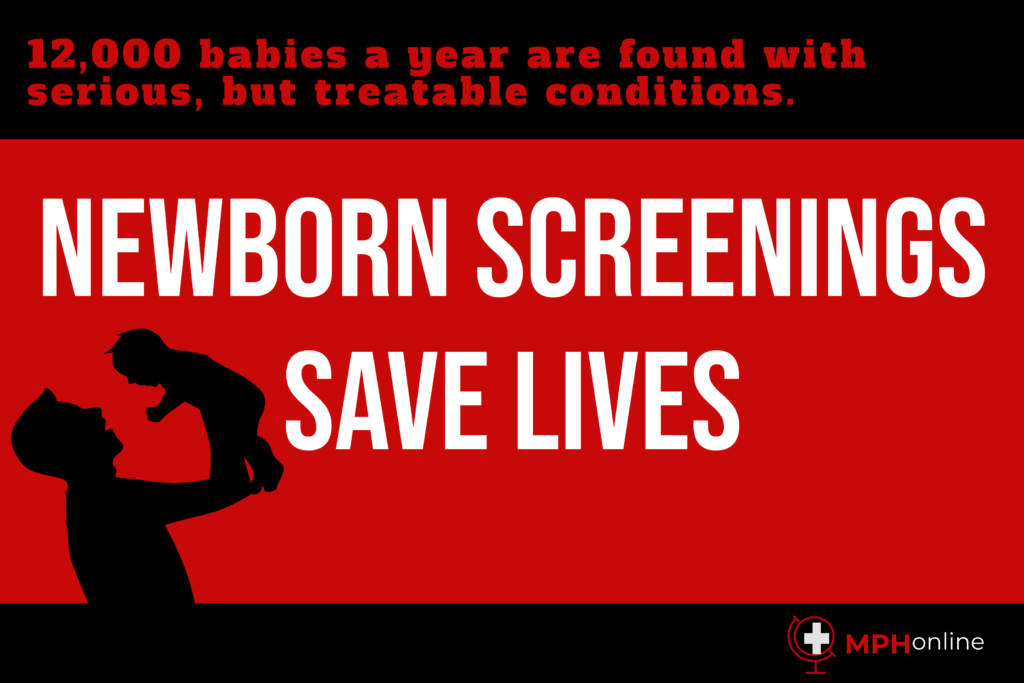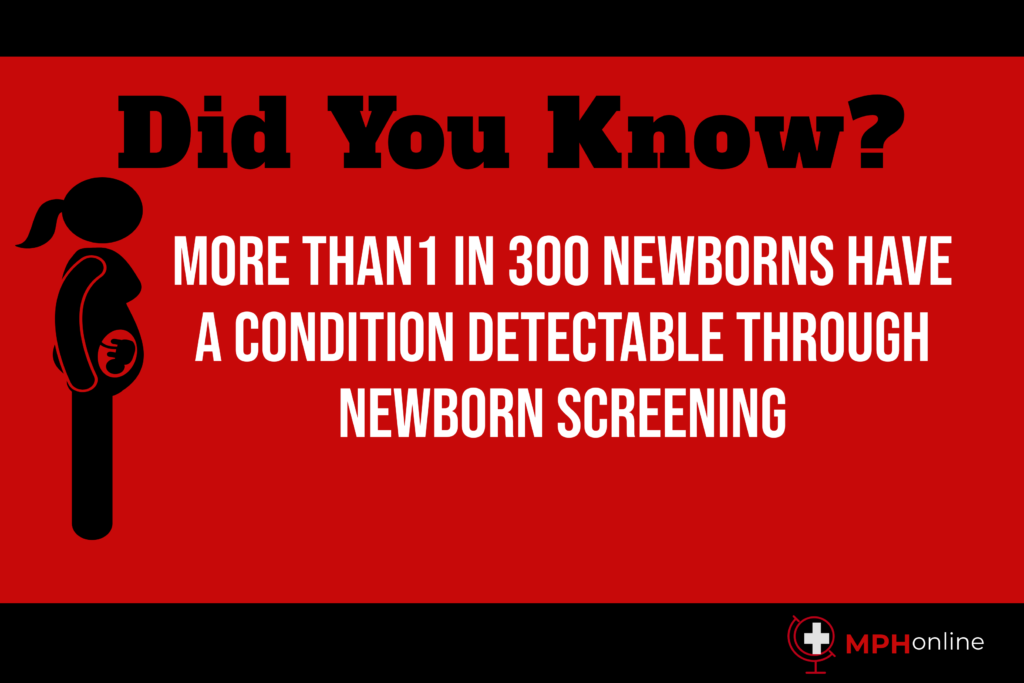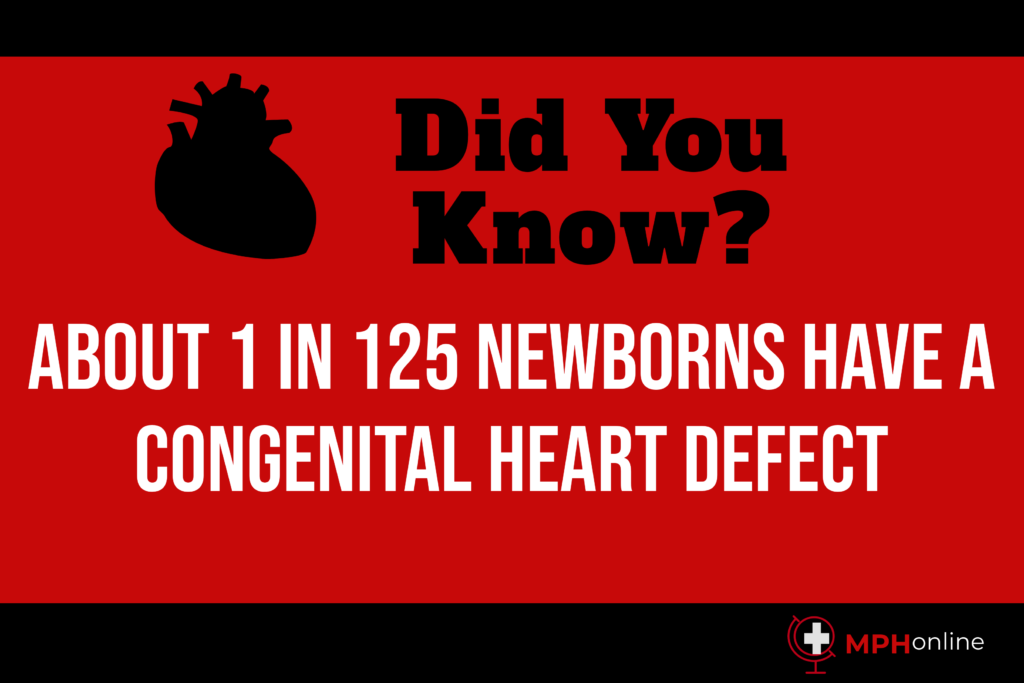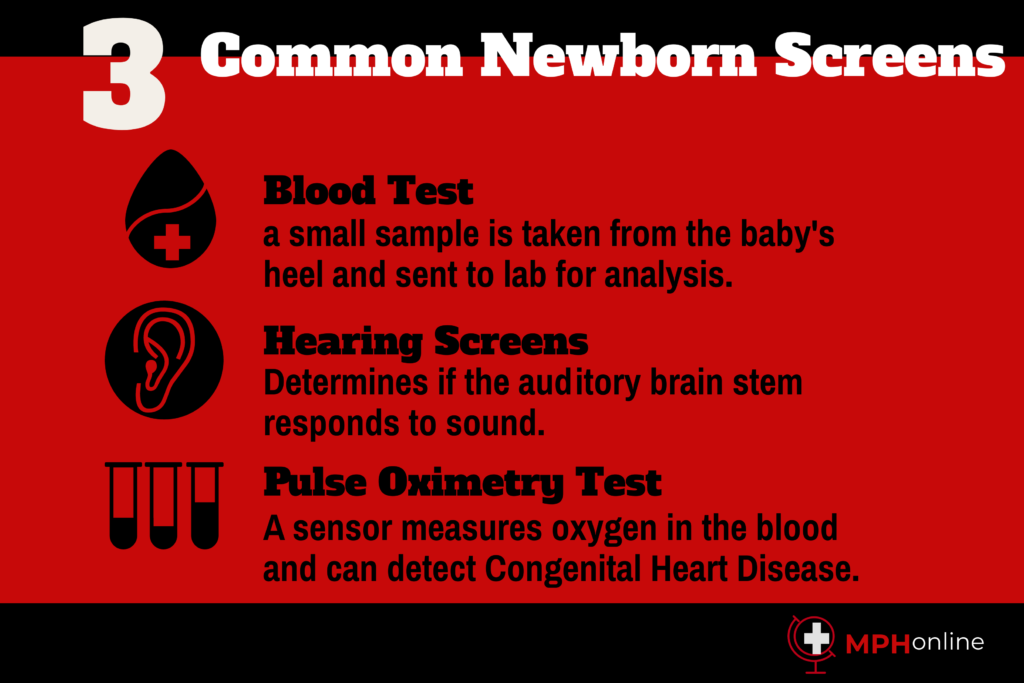What is prenatal care? Prenatal care is a group of preventive healthcare measures that exist to help expecting mothers to have healthy pregnancies and healthy babies. However, the definition of prenatal care doesn’t quite point out everything involved with prenatal care. Nor does the definition of prenatal care really shine a light on the important connection between prenatal care and public health.

Why is Prenatal Care a Public Health Issue?
Because of this, it’s important to look at the purpose of prenatal care, what does prenatal care consist of, and the components of good prenatal care. From there, it’s easier to understand how prenatal care and public health must work together to ensure the overall health of a populace.
What Is Prenatal Care? What is the Purpose of Prenatal Care?
The definition of prenatal care comes from the word prenatal itself. Prenatal means before birth, or the act of giving or receiving pre-birth care. The word antenatal is a synonym for prenatal, which is why the term is antenatal care in some places.
But when asking what is prenatal care, it’s possible to hear about various things that make up the practice. What does prenatal care consist of? Prenatal care can include:
- Advice and education
- Medications and vitamins
- Examinations and monitoring
- Immunizations
- Nutritional information
- Screenings and diagnosis
All these things and more serve the purpose of prenatal care, which is to reduce the possibility of miscarriages, birth defects, infections, maternal death, and a whole host of other preventable health issues that can come with pregnancy and delivery.

Understand that pregnancy and birthing complications do happen often, so prenatal care exists to help limit these potential issues, especially the ones that are mostly preventable. Some complications can exist purely because of a lack of information. This can become especially true for first-time pregnancies or younger women who become pregnant. A visit to a healthcare professional can help tremendously whether it’s for simple care instructions or complicated but necessary pre-birth procedures.
Generally, prenatal care starts with a visit to a qualified healthcare professional. Routine checkups and testing will follow from there. Even if everything is going well, prenatal care can also help expectant mothers deal with other, smaller issues, such as teaching them proper techniques for staying comfortable.
Prenatal care can start as soon as someone finds out they’re pregnant. In some places, it’s even possible to find pre-pregnancy or preconception care. The more care available, the better the chance of a healthy pregnancy and delivery. For those planning a pregnancy, seeing a pregnancy specialist early can make a large difference.
The components of good prenatal care include proper facilities, professional advice, and individualized care that consider the expectant mother’s health history. The reason prenatal care and public health tie into each other is because not everyone receives those components of good prenatal care.
Public health implies the health of a group, area, or even the global population. If the science, technology, and professional care exist to help expectant mothers stay healthy as they bring healthy children into the world, then public health is how those methods can work for everyone and not just a few.

Why is Prenatal Care (and the Lack) So Important?
Why is prenatal care important? The importance of prenatal care is well known and documented. Understanding why prenatal care is important isn’t difficult. However, it’s sometimes difficult to convey what is prenatal care and why is it so important to everyone, rather than just individuals. Although, the importance of prenatal care applies to individuals as well. Public health deals with populations, but it starts with individuals.
By contrast, a lack of prenatal care leads to both individual and public issues. Consider there are places that lack the benefits of prenatal care. From the outcomes of such areas, it’s easy to see why prenatal care is important.
For example, the CDC estimates about 700 women in the US die from pregnancy complications each year. But, the numbers also show that about 3 of every 5 of those deaths occurred because of preventable issues. In addition, 1 in 3 deaths occurred a week to a year after pregnancy. These numbers point to the importance of early prenatal care and the benefits of prenatal care for expectant mothers and their children.
The risks of no prenatal care during pregnancy can lead to a lot of issues, many of which come from things that a single visit with a healthcare professional can often discover. The main benefit of prenatal care comes from early detection. Many things can create pregnancy complications. Some examples include high blood pressure, diabetes, infections, anemia, and various other ailments.
People with chronic illnesses they’re already dealing with may not fully understand how those illnesses can affect their pregnancy and delivery. Many risk factors exist and it’s important to learn about how those risk factors can play a role in a pregnancy.
Even things like lifestyle choices can create pregnancy and delivery complications. People who smoke cigarettes or engage in risky activities can continue to do such things during pregnancy without good prenatal advice.
Things like age can play a large role as well. With so many variables and risk factors, there’s a constant need for people to have access to prenatal care that can help guide them toward making the right decisions to ensure their health and the health of their baby.
Why is prenatal care important when it comes to birthing information? A lack of prenatal care also means a lack of information. This is another reason prenatal care is important. Outside of all the risk factors associated with a pregnancy, there are also concerns that come with labor itself. A lack of prenatal care can mean a lack of options simply because someone isn’t made aware of the fact they have options.
If someone has problems during labor, there are several techniques and methods for dealing with them and not knowing about those possibilities can lead to unnecessary complications. For example, prenatal health information can include advice on different positions to give birth in or what can happen if the baby is in a breech position.
Since many changes to procedure specifically require someone’s consent or for someone to specifically ask for them, the lack of information can lead to extreme discomfort or an outright dangerous situation for the mother or the child during delivery.
When one person isn’t receiving proper prenatal care in a community, there’s a chance that many others aren’t as well. The importance of early prenatal care isn’t something that only a handful of people should know about. Some may wonder why is prenatal care important to everyone. The risks of no prenatal care during pregnancy can affect an entire community beyond the one person who needs the benefits of prenatal care. This is why the importance of prenatal care and public health must work together.

How Does Public Health Provide Prenatal Care?
Access to prenatal care for everyone who needs it is the main goal of public health and public health professionals. Many people don’t have access to proper prenatal care specifically because of the costs associated with it.
Prenatal care can mean seeing doctors, specialists, and other professionals many times during a pregnancy. Costs for prenatal care can also include operations, surgeries, hospital costs, and the cost of consultations. The cost of prenatal care can add up and those prenatal care costs can sometimes keep people from starting prenatal care services altogether.
How Much Does Prenatal Care Cost?
Average prenatal care costs can vary widely depending on several factors. The Kaiser Family Foundation estimates the average prenatal care cost comes to about $2,000. This price includes up to a dozen visits to a doctor and routine tests. These costs can also vary depending on a person’s insurance coverage.
The $2,000 figure can represent the out of pocket cost of prenatal care without insurance, but it’s a very general figure. If someone needs additional testing, support, or care for any reason, that figure can balloon exponentially. And while $2,000 may not sound like much to some people, it can represent a serious detriment to many who simply can’t afford it. High-risk pregnancies can cost even more.
Note that delivery costs aren’t included in that prenatal cost figure. This is another issue when it comes to the overall cost of prenatal care. When someone investigates how much does prenatal care cost, they must also investigate what’s included in those costs.
Even when someone has insurance, the average prenatal care costs can still increase to a point that may seem unfair or unreasonable for many people. For example, insurance may not cover all costs or only cover small percentages of certain things. In addition, copays and fees can also make things very expensive.
Public health professionals work toward leveling the field so all people can receive adequate prenatal care no matter their economic circumstances. For this reason, there are many plans available, including programs that champion low cost prenatal care or programs to help handle prenatal care cost without insurance.
Public health advocates and professionals work at every level, from county to state, to federal. In some cases, these professionals are even at the forefront of global advocacy for affordable and inclusive prenatal care.
Some states offer free clinics and discount programs for prenatal care exist as well. Because of the public health push for universal prenatal care, there are several low-cost prenatal care options and services. In most cases, it takes a little research and due diligence, but there’s a good chance that someone can find services that come with lower prenatal care costs.
This all applies to prenatal care cost without insurance as well as prenatal care costs with it. Public health isn’t just doing everything it can about the costs for prenatal care, it’s also doing what it can to make sure the care people receive is adequate to the needs of the mother and child.
Related:
Preventative Care and Public Health